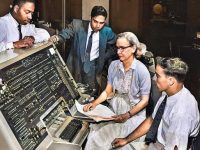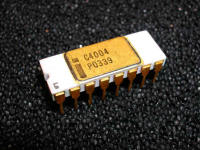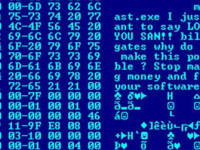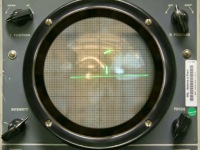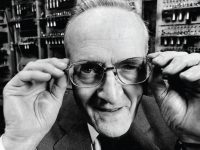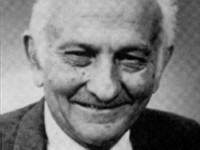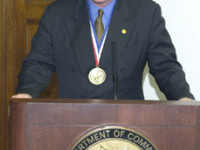Grace Hopper and the Programming Languages
On December 9, 1908, American computer scientist Grace Brewster Murray Hopper was born. Besides being credited for having invented the term “debugging”, Hopper was one of the first programmers of the Harvard Mark I computer in 1944. She invented the first compiler for a computer programming language and was one of those who popularized the idea of machine-independent programming languages which led to the development of COBOL, one of the first high-level…
Read more

